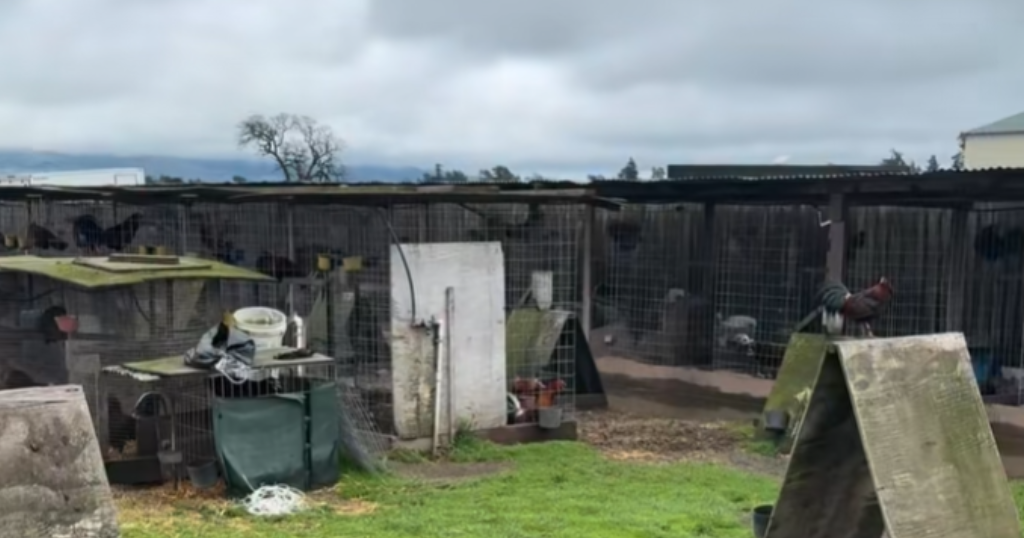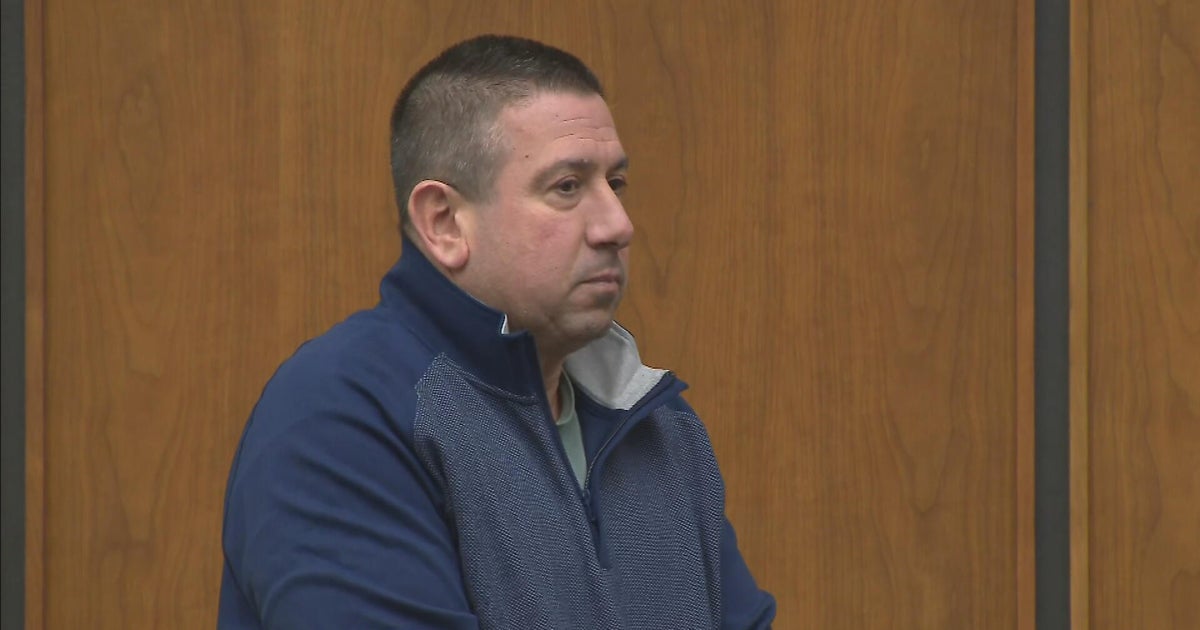Zika Virus Hits Broward, Governor Vows To Prevent Spread
Follow CBSMIAMI.COM: Facebook | Twitter
TAMPA (CBSMiami) — Governor Rick Scott announced three new incidents of the Zika virus showing up in Florida, including one case in Broward County.
Following a briefing Thursday afternoon in Tampa, Gov. Scott asked Surgeon General Dr. John Armstrong to add Broward to the health emergency declaration.
The two other cases are in Miami-Dade and Hillsborough counties, joining Lee and Santa Rosa counties which were put under the health emergency on Wednesday. None of the Florida cases, however, involve pregnant women and all are considered travel-related.
"With over 20 million residents and 100 million tourists, we must stay ahead of the possible spread of the Zika virus and take immediate action to ensure Florida is prepared," said Gov. Scott.
In preparation, Gov. Scott has called on the Center for Disease Control to provide 1,000 Zika antibody tests. The state previously had the capacity to test less than half of that amount. These tests can detect if a person ever had the Zika virus.
"While Florida does have 448 kits to test active cases (different from antibody testing kits), I am authorizing the Department of Health to immediately purchase 4,000 more to ensure our state has the resources to quickly respond," Gov. Scott added.
We must take immediate action to ensure Florida is prepared for the #Zika virus. pic.twitter.com/MCCSx17suw
— Rick Scott (@FLGovScott) February 4, 2016
The CDC will also help train hospital workers on identifying symptoms, treatments and how the virus can spread, especially OBGYN doctors and others working directly with pregnant women.
The governor is also asking the Florida Department of Agriculture and Consumer Services to evaluate how much funding they have available for mosquito control. The Department has been appropriated $1.6 million in the last year for mosquito control and Governor Scott is requesting to know how much is still available.
On Thursday, Miami-Dade Mosquito Control inspectors went yard to yard checking for standing water in the smallest of places. It's where mosquitos that could possibly transmit the Zika viras might breed.
"This is mainly a mosquito breeding in small containers and some plants like bromeliads," said Chalmer Vazquez of Miami-Dade Mosquito Control.
The ramped up home inspections come one day after Gov. Scott declared a health emergency in the four counties.
For tourists in South Florida, several that spoke with CBS4 News say they are aware of Zika but are not overly concerned.
"Insects and diseases, you have to live life," said Rob Gould, from New York. "Go on, get up. Things are gonna pop up."
"I heard about it but I wouldn't think it would happen to us," said Mike Bondar, from New Jersey.
"We're looking at reports from people who have traveled to these countries to see if they came in contact with Zika or were bitten by mosquitos," said Dr. Lillian Rivera of the Florida Department of Health.
In a southwest Miami-Dade neighborhood it didn't take long for inspectors to find mosquitos breeding inside a bucket.
The tiny larvae will now be inspected for possible Zika, and residents have been informed about the importance of dumping out standing water.
"There's part of our yard we don't access all the time and we need to look out so there is no standing water," said resident Gia Zayas.
"There are a lot of mosquitos in my area and it brings up panic, not too much panic, but it brings out worry," said John Estrada, another resident.
Mosquito control officials said South Florida doesn't normally see that many mosquitos this time of year because it's supposed to be the dry season. But the El Niño weather has brought more rain and created more mosquito breeding grounds.
At least nine cases of the mosquito-borne illness have been detected in Florida. Health officials believe all of the cases are from travelers who contracted the disease in other countries.
The Zika virus is linked to brain deformities in babies and is primarily spread through mosquito bites. Investigators, however, have been exploring whether or not the virus can also be sexually transmitted.







